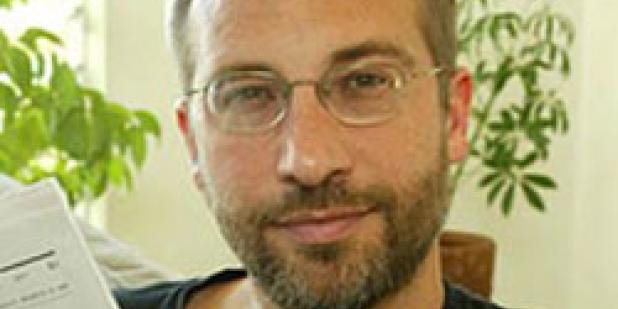Happy Lunar New Year from the USC US-China Institute!
The Erosion of Paternalistic Democracy in Chinese Factories
UCLA Center for Chinese Studies presents a discussion by Joel Andreas on China's workplaces, an area in which market reforms have undermined democratic institutions.
Where

Scholars who study the development of democratic institutions in China have generally assumed that market reforms facilitate this development. This paper examines management practices in China’s workplaces, an area in which market reforms have undermined democratic institutions. After the Communist Party came to power in 1949, it transformed urban workplaces into communist-style “work units” based on permanent employment. Power was concentrated in the hands of party cadres, but the party made “democratic management” a central legitimating slogan of its workplace administration. It organized employees into small teams that managed their own affairs and it mobilized work unit members to monitor management cadres. Based on interviews with scores of factory workers and cadres, as well as analysis of contemporary documents, I examine what democratic management actually meant in practice and consider the impact of the recent market-oriented restructuring of state-owned enterprises. I first develop a model of “paternalistic democracy” to describe industrial relations under the work unit system, and then show that this model has been systematically undermined by market reforms, leading to much more coercive relations.
* * *
Joel Andreas (PhD, Sociology, UCLA, 2003) is Assistant Professor of Sociology at the Johns Hopkins University. His research is concentrated on changes in class relations in China since 1949. He recently finished a book manuscript that analyzes the contentious merger of old and new elites in China during the communist era. The book, based on a case study of Tsinghua University (China's premier school of science and technology and the alma materof many of its top leaders), focuses on conflict over the political and cultural foundations of class power. Professor Andreas is currently investigating changing labor relations in Chinese factories between 1949 and the present.
Featured Articles
We note the passing of many prominent individuals who played some role in U.S.-China affairs, whether in politics, economics or in helping people in one place understand the other.
Events
Ying Zhu looks at new developments for Chinese and global streaming services.
David Zweig examines China's talent recruitment efforts, particularly towards those scientists and engineers who left China for further study. U.S. universities, labs and companies have long brought in talent from China. Are such people still welcome?






